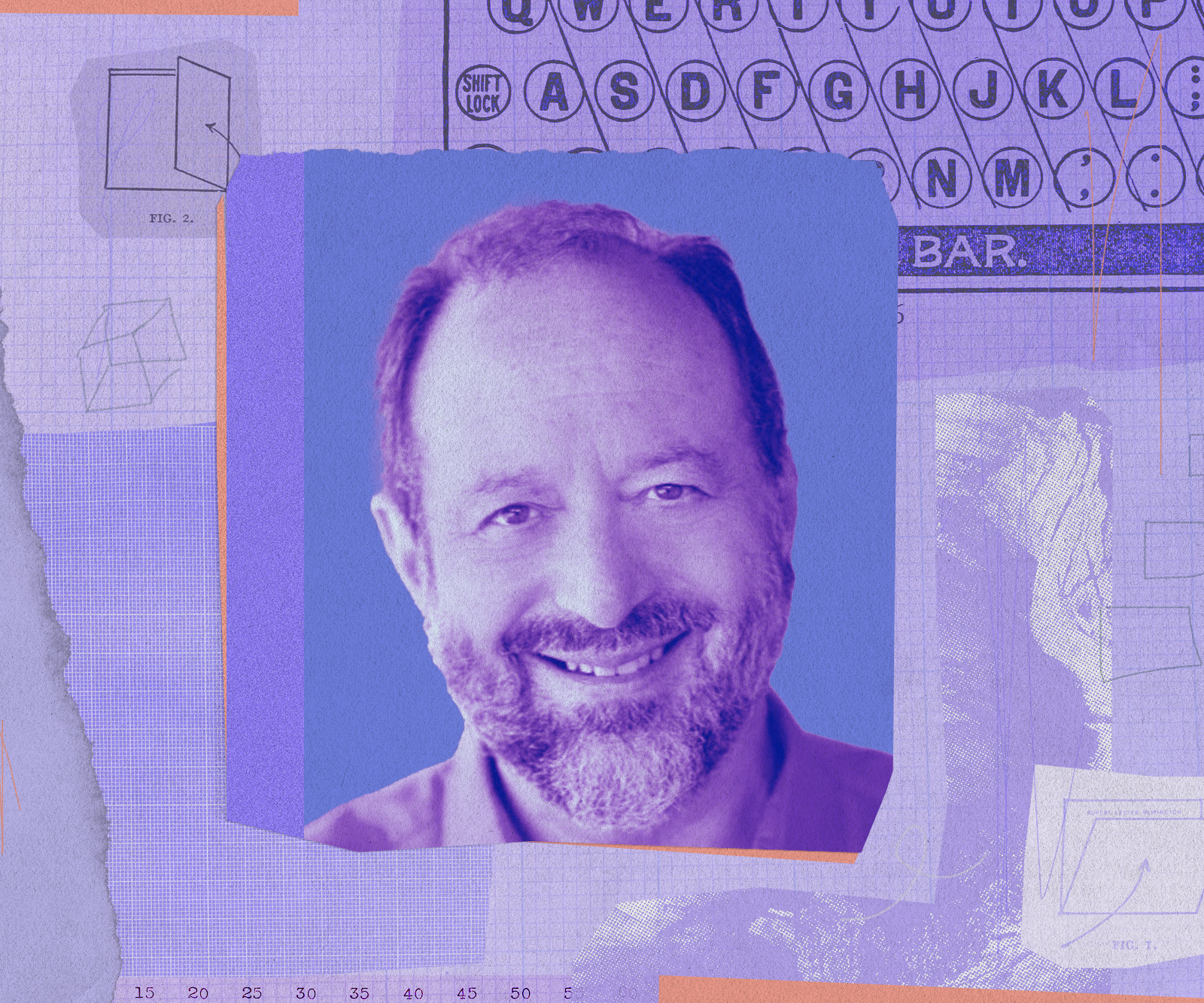“People think of automation…[as] the automation of entire jobs,” says James Bessen, a lecturer and executive director of the Technology & Policy Research Initiative at Boston University. But “that tends to be a very unrealistic picture of a) technology, and b) how complex humans and human jobs are.”
Bessen argues that history offers optimistic guidance for those concerned that AI could make jobs go away. In a 2016 working paper, he looked at the 271 detailed occupations used in the 1950 Census and found that by 2010, only one occupation’s disappearance could be “largely attributed to automation”: elevator operator. Other occupations had vanished, but for reasons other than automation.
We spoke with Bessen about AI, automation, and what we should expect in the near future. Here’s an excerpt from our conversation, edited for length and clarity:
You recently published a paper looking at firms that invested in automation technologies between 2000 and 2016. What happened to the employees at those firms?
We found that when a firm automated, there was an uptick in the number of workers who left. It wasn’t huge. The workers who left, for the most part, tended to get jobs similar to what they had. In other words, they didn’t take pay cuts. But they were out of work for a period of time, so there was some financial burden, and that was significant. Older workers bore the brunt a little bit worse, but for the most part, they ended up re-employed. That doesn’t mean that net employment went down. In fact, what we know is that at those firms, employment was growing.
The big takeaway is that the net number of jobs doesn’t change very much. It may go up and may go down. We’re not seeing big changes in employment, but we are seeing a lot of people making transitions. People leave, they have to get a new job, they have to acquire new skills, they may need to relocate.
AI is clearly new in some ways. The 19th century stuff was about physical tasks. With AI, we’re talking about mental tasks, knowledge work. So that’s a difference. But we’ve been automating knowledge work since the 1950s with computers. People say, ‘Oh, well now they’re coming after the white-collar job.’ They’ve been coming after the white-collar jobs for 70 years now. Routine tasks could be programmed. Now we’re in a world where less routine tasks can be helped. But even that’s pretty difficult.
Charter Pro members can read a full transcript of our conversation here for Bessen’s predictions about AI’s impact on jobs.
